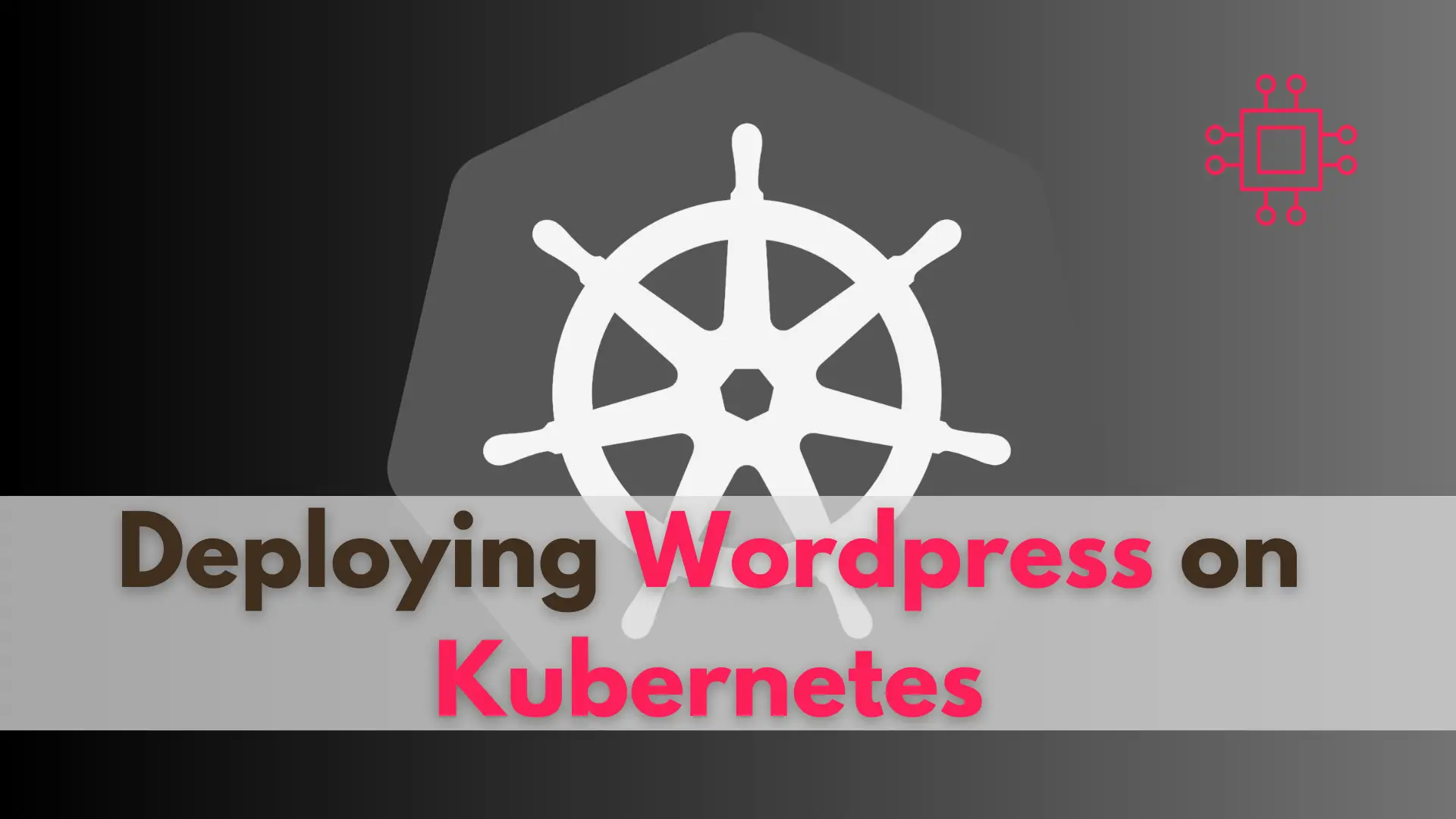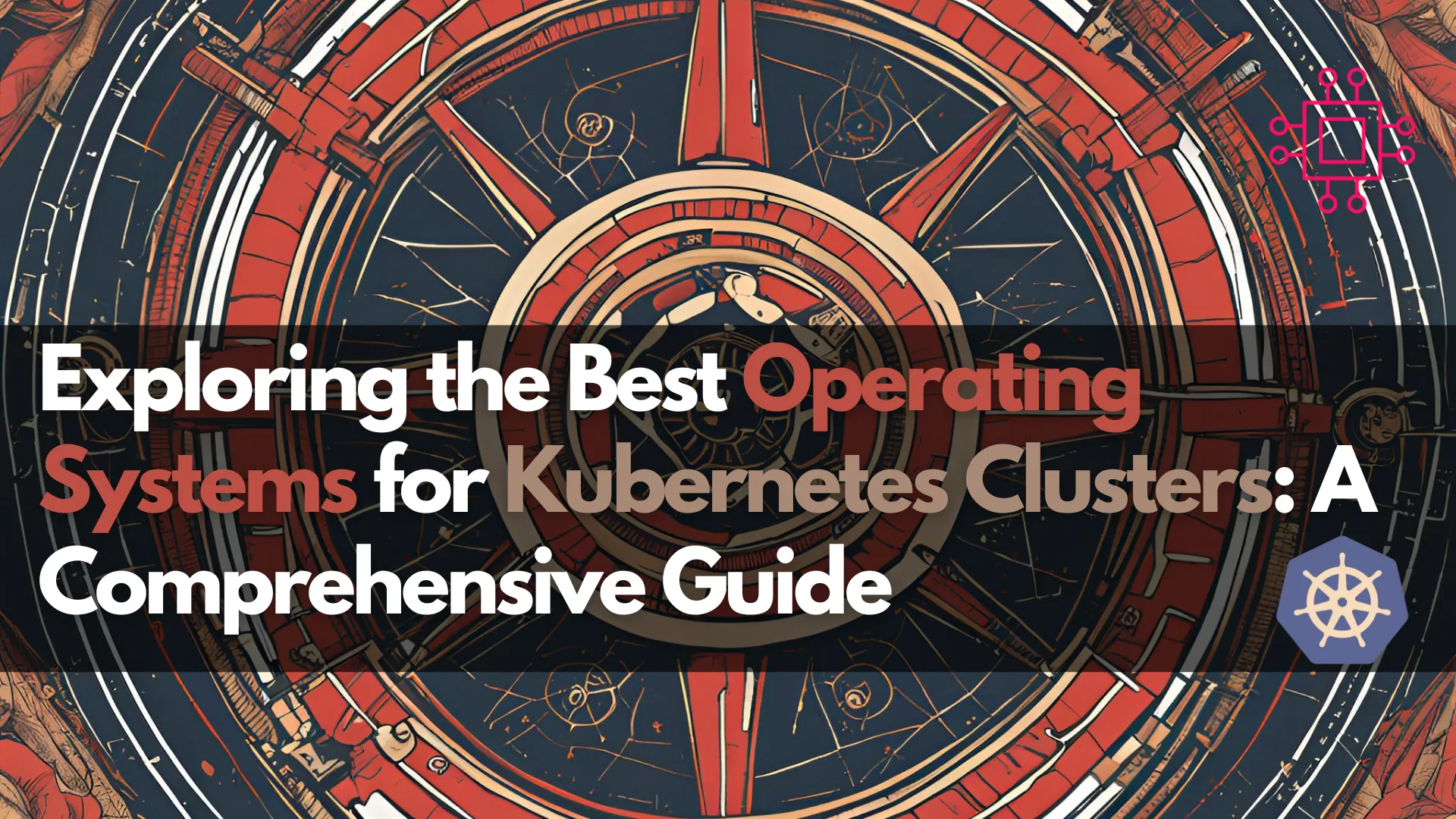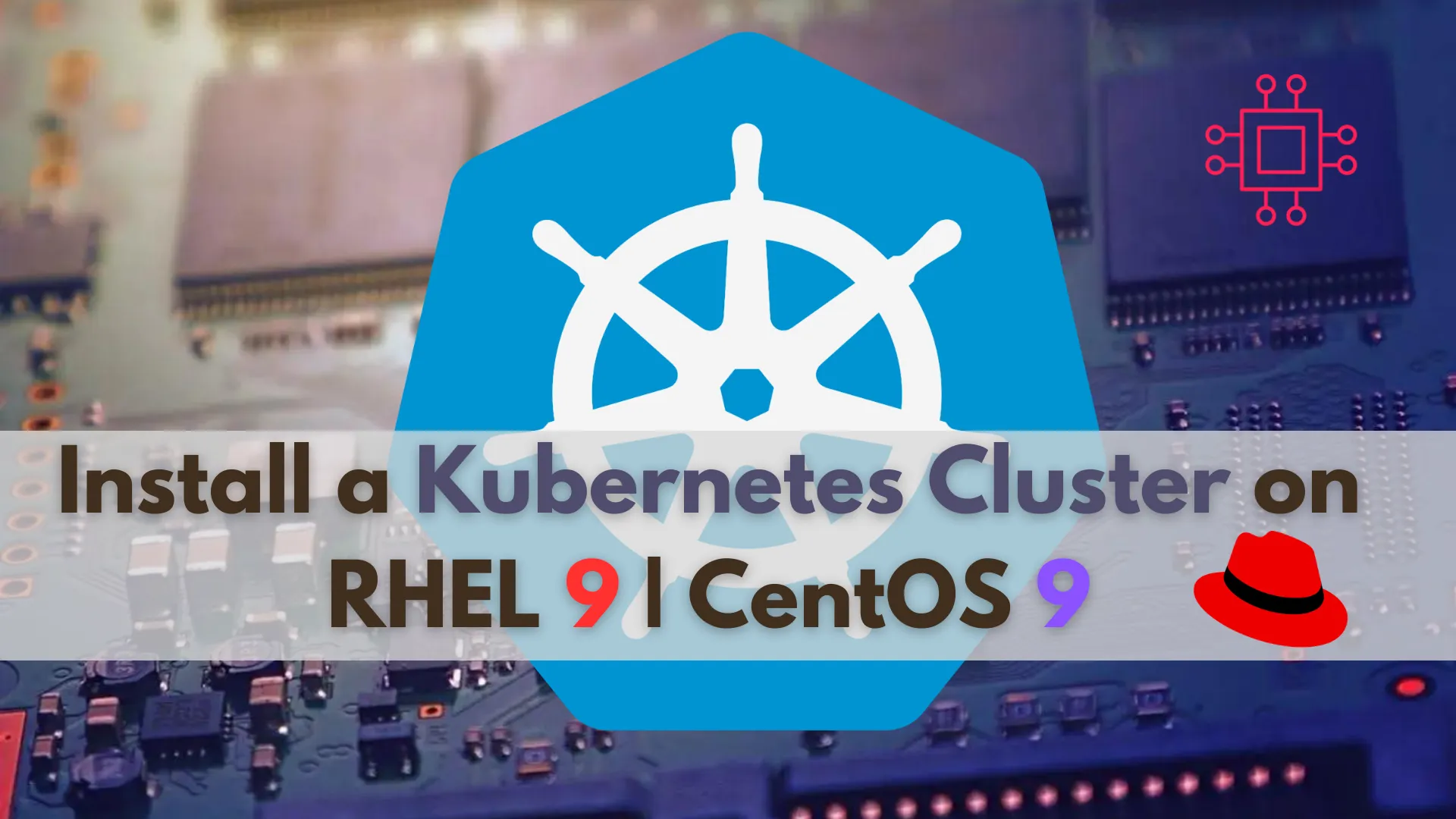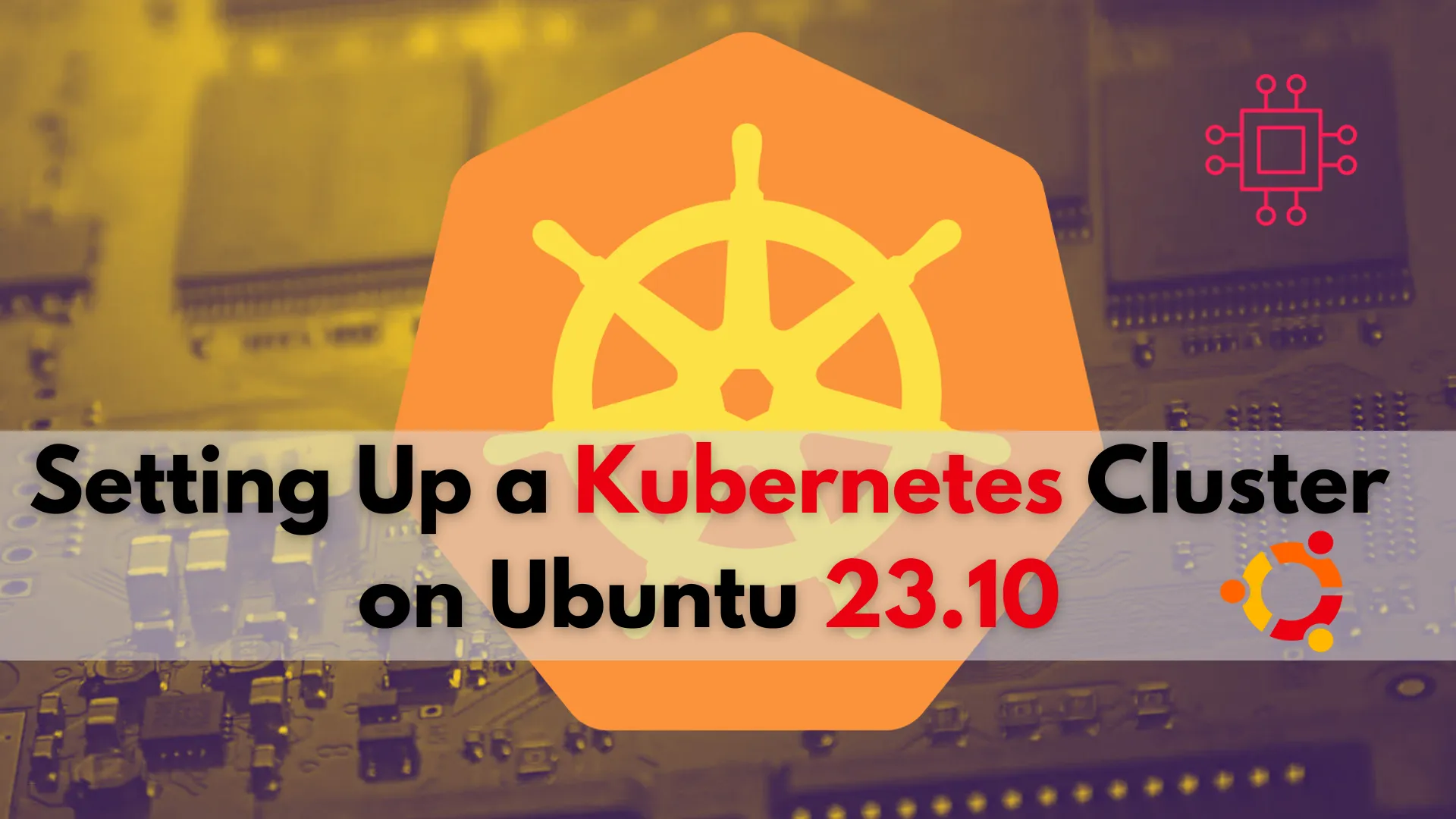
In this guide, we’ll walk you through the process of deploying WordPress on Kubernetes, leveraging its benefits to ensure your website runs smoothly and efficiently.

Discover the best operating systems for Kubernetes clusters, including popular Linux distributions, container-optimized OS, and Windows Server. Learn their benefits and make an informed choice for your Kubernetes deployment.
Kubernetes, the open-source container orchestration platform, is the backbone of modern cloud-native applications. Selecting the right operating system for your Kubernetes cluster is crucial for performance, security, and ease of management. In this detailed guide, we’ll explore the most commonly used operating systems for Kubernetes clusters, their benefits, and why you might choose one over another.
Linux distributions are the most popular choice for Kubernetes clusters due to their robustness, flexibility, and extensive support. Here are the top Linux distributions for Kubernetes:
UbuntuUbuntu is renowned for its user-friendly nature and widespread adoption. It provides extensive documentation and community support, making it an excellent choice for both beginners and experienced users. The Long-Term Support (LTS) versions ensure stability and security, crucial for production environments. |
CentOSCentOS is favored for its stability and is widely used in enterprise environments. Its close relation to Red Hat Enterprise Linux (RHEL) ensures a solid foundation, with the added benefit of being open-source. Despite the recent shift towards CentOS Stream, it remains a viable option for many. |
Red Hat Enterprise Linux (RHEL)RHEL is preferred in enterprise environments for its robustness, security features, and professional support. Its compatibility with various enterprise-grade tools and applications makes it a top choice for mission-critical applications. |
DebianDebian is valued for its stability and extensive package repositories. Its conservative approach to updates ensures that only thoroughly tested and stable packages are included, which is vital for production systems. |
FedoraFedora is known for its cutting-edge features and rapid development cycles. It serves as a testing ground for RHEL, offering the latest innovations and technologies, making it suitable for development and testing environments. |
CoreOS/Flatcar Container LinuxDesigned specifically for running containerized applications, CoreOS (now Flatcar Container Linux) provides a lightweight and secure platform. Its focus on automatic updates and minimalistic design makes it an excellent choice for Kubernetes clusters. |

Photo by admingeek from Infotechys
Container-optimized operating systems are specifically designed for running containers and Kubernetes, providing enhanced performance and security.
Google Container-Optimized OSTailored for Google Cloud Platform (GCP), this OS is optimized for running containers. It offers fast boot times, enhanced security features, and seamless integration with GCP services, making it ideal for cloud-native applications. |
Amazon Linux 2Optimized for Amazon Web Services (AWS) environments, Amazon Linux 2 offers high performance, security, and deep integration with AWS services. It is designed to provide a stable, secure, and high-performance environment for applications running on AWS. |
RancherOSProvides SSH support but does not feature a read-only root file system for enhanced root protection. |
ElementalA Rancher project, includes SSH support and enables management via Kubectl. |
AWS BottlerocketOriginally tailored for AWS workloads, features an immutable root file system and supports SSH. |
Talos OSTakes a strict stance by removing SSH and console access, relying entirely on API-driven management. It emphasizes immutable infrastructure, managing all actions through Kubernetes. |
Alpine LinuxAlpine Linux is known for its lightweight and security-oriented nature. It is commonly used in minimalistic container setups, providing a small footprint and reducing attack surfaces. Its simplicity and efficiency make it a popular choice for microservices and container-based applications. |
Photon OSPhoton OS is a lightweight Linux distribution optimized for VMware environments and containerized applications. It is designed to provide a minimal footprint, fast boot times, and integration with VMware’s virtualization and cloud infrastructure. Photon OS includes support for Docker, Kubernetes, and other container technologies, making it a suitable choice for deploying and managing containers in VMware-based environments. |
Windows ServerKubernetes has extended support for Windows containers, allowing Windows Server to be used for running Kubernetes worker nodes. This is particularly useful in environments where Windows applications are required, providing flexibility and compatibility for mixed-OS deployments. |
macOSWhile not typically used for production clusters, macOS is popular for development environments. Tools like Minikube, Docker Desktop, and Kubernetes on Docker for Mac make it easy for developers to run and test Kubernetes clusters locally, providing a seamless development experience. |
Choosing the right operating system for your Kubernetes cluster is crucial for achieving optimal performance, security, and manageability. Whether you opt for a robust Linux distribution, a container-optimized OS, or even Windows for specific applications, understanding the strengths and features of each option will help you make an informed decision. By aligning your OS choice with your specific needs and environment, you can ensure a smooth and efficient Kubernetes deployment.
For more insights into Kubernetes and cloud-native technologies, subscribe to our blog and stay updated with the latest trends and best practices.
Related Posts

In this guide, we’ll walk you through the process of deploying WordPress on Kubernetes, leveraging its benefits to ensure your website runs smoothly and efficiently.

Learn how to install a Kubernetes cluster on RHEL 9 | CentOS 9. Explore step-by-step instructions, best practices, and considerations for smooth deployment and operation.

This blog post covers setting up a Kubernetes cluster on Ubuntu 23.10. Follow our step-by-step guide to set up a robust and scalable Kubernetes environment
